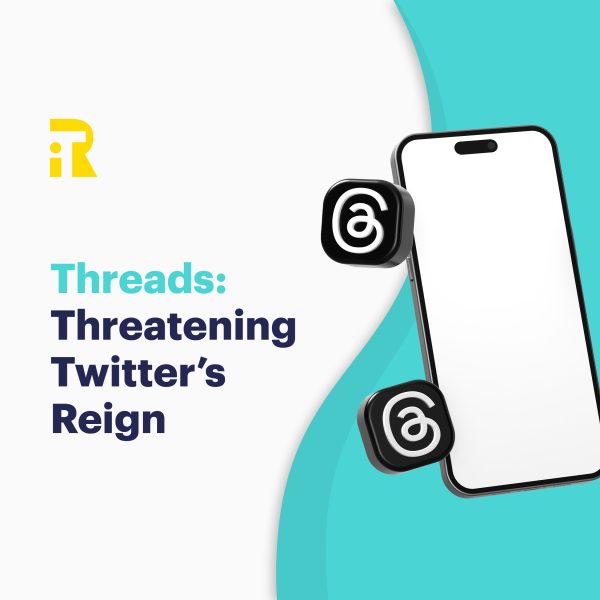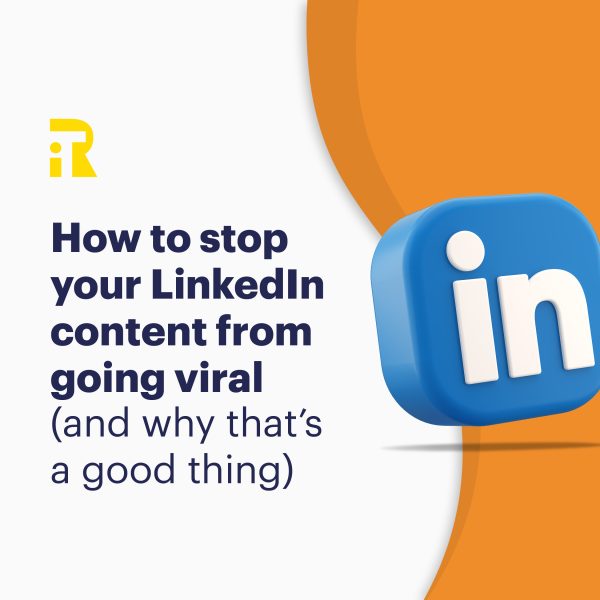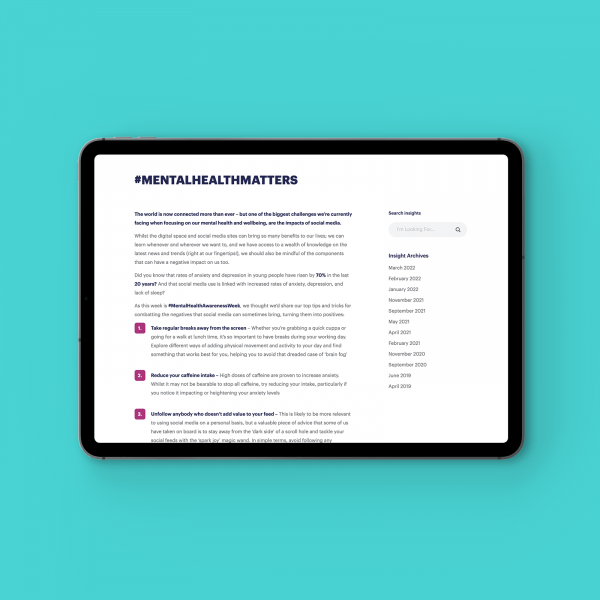In today’s digital world with a seemingly unlimited amount of space to promote and share your content, paid search beats SEO. Right?
Well, maybe…
Search engine optimisation (SEO) and paid ads both have their place and if executed well, can provide value to any business. Paid ads allow you to create very specific content relatively quickly and place it in front of the exact audience you want to see it. Just choose your budget, ad schedule, bid and your ad is ready to go and deliver potential customers to your landing page.
SO, WHY SEO?
SEO, is a slow burner, it needs constant attention and the ability to adapt to the ever-changing trends & algorithms of search engines. However, SEO works hand in hand with PPC – both focusing on particular keywords and complementing one another.
The major advantage of SEO is that statistically it brings you better quality traffic. In fact, many users have subconsciously trained themselves to ignore “paid results” entirely when browsing the web or searching on Google. That doesn’t necessarily mean you should ignore PPC entirely, but ResourceiT’s goal is that eventually your SEO strategy and ranks are so strong, it makes PPC redundant. Unless of course, your investments in PPC are working to reach new audiences, or if you are launching new products.
But, for some, SEO is a black art that takes time and effort to get right. It’s a consistently evolving process that can become quite complex, as you consider the many layers of how to engage with your target audience and evaluate their behaviours.
WHERE DO YOU START?
Search engine optimisation relies heavily on keyword research. You should never start writing content without thinking first about your list of keywords, and what your target market will be searching for.
To coin a phrase ‘think outside of the box’. Using a keyword like ‘GDPR’ will put you in competition with many IT companies, similar or even bigger than yours. Using ‘long-tailed’ keywords is best if you are in a highly-competitive market place. Something like ‘How does GDPR impact my business?’ – is a phrase that is more likely searchable, less competitive and allows you to rank higher if your blog is titled that way.
As we have said SEO is a slow-burner, you can’t just overhaul your SEO strategy, fix everything, rank well and expect to stay there. To maintain your ranks you have to keep your content up-to-date, ensure your content always flows well and don’t cram in as many keywords as you can. Google is clever. It will realise that you’ve put 74 keywords in one blog, that it doesn’t read well and that it’s now 3 months old. You need to keep your SEO strategy alive and kicking to make it work.
Ensuring your content is optimised for mobile devices, and your website loading speed is tip-top will heavily benefit your ranking as well as reduce your bounce rates.
IN SUMMARY
Search Engine Optimisation is essential because:
- A highly ranked website gives you more credibility. A user will trust you more and is much more likely to convert
- Building relevant traffic to your site will bring you the insights you need for overall site improvements, and show you which elements of your site are more relevant and user friendly.
- An effective SEO strategy enables you to rank higher organically, and will also mean your PPC investments are cheaper
- Statistically, SEO delivers higher quality leads.
If you would like more insight or support with your SEO and PPC strategy then please get in touch, we’ll be happy to listen.




